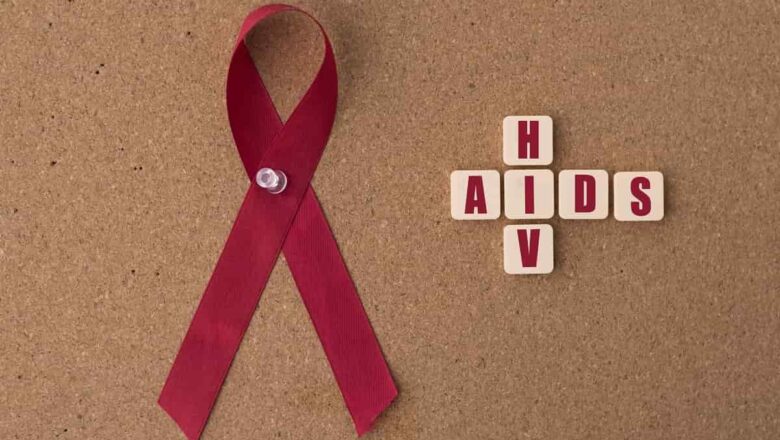
World AIDS Day: Becoming a Voice for Awareness
World AIDS Day is an important milestone in the fight against HIV/AIDS and a powerful tool to raise awareness. This special day is celebrated every year on December 1st. Understanding the global impacts of HIV/AIDS aims to prevent its spread. This day is an opportunity to stand in solidarity in the fight against this disease.
What is HIV/AIDS?
HIV (Human Immunodeficiency Virus) is a virus that weakens the immune system. Once this virus enters the body, it causes the immune system to become vulnerable. This makes the person vulnerable to other infections and diseases. AIDS (Acquired Immune Deficiency Syndrome) is the advanced stage of HIV infection and causes serious immune system problems. HIV/AIDS can be fatal if left untreated.
Awareness and Prevention
World AIDS Day is an o...





